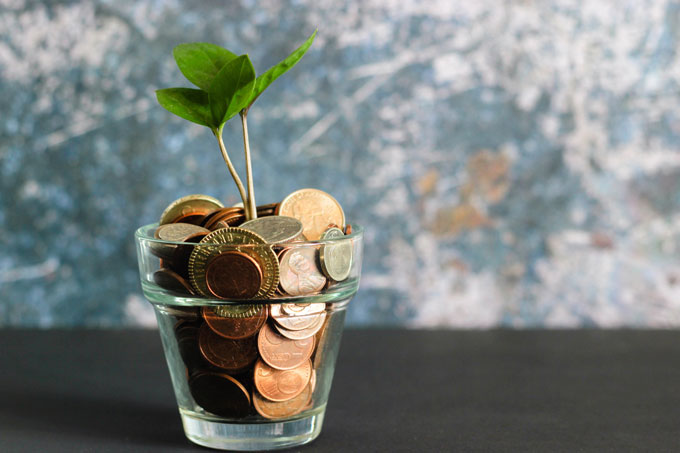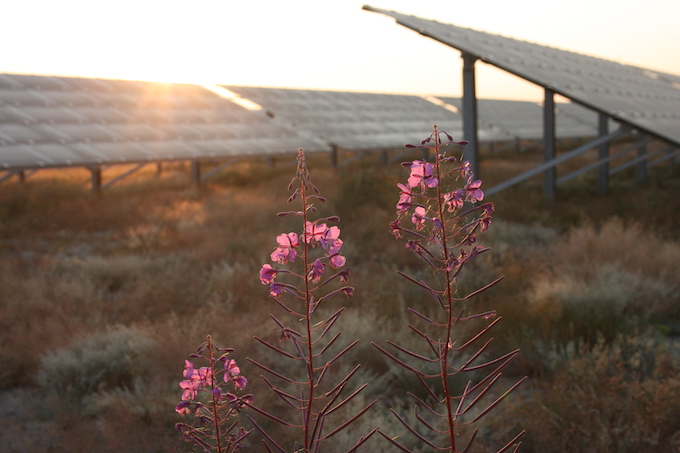Promoting sustainable finance
How do we finance nature and climate protection?

NABU is lobbying to restructure the financial system and redirect financial flows. Photo: unsplash/Micheile Henderson
There is a great deal of truth in the song lyrics ‘Money makes the world go round’. Money is one of the main factors that determine how we structure our economy and, consequently, our lives. We need money to start and grow businesses, to develop products and improve services. Money is also essential for nature conservation: protected areas have to be financed, and even rehabilitating degraded soils costs money.
Money flows also determine what is produced and what is not. If a bank or the government invests primarily in coal or gas power plants, we get more of our electricity from coal and less from environmentally friendly renewable sources. This leads to more CO₂ in the atmosphere and exacerbates the climate crisis.
What can sustainable finance achieve?
NABU is urging big players (e.g. banks and governments) to make their financial investments sustainable. But individuals also have a choice when it comes to investing their money sustainably, and this offers a great opportunity.
Sustainable finance describes a comprehensive approach to structuring the financial system in line with sustainability principles. The idea is for sustainability considerations to become part of the financial decision-making process, and to have private and public financial players and institutions tailor the economic, social and environmental aspects of their investments and projects in such a way that they make a substantial contribution to sustainable development. Examples of sustainable financial activities and products are sustainable funds, green government or corporate bonds and microfinance or loans for sustainable projects.
If financial resources are used more sustainably, then our economy, our production and, ultimately, our consumption will change too. There will be fewer financial resources available for products and companies that are less sustainable, or even harmful, paving the way for a transition towards a more sustainable future.
In Europe alone, we need an additional investment of 175 to 290 billion euros a year to be climate neutral by 2050 (Source: German Federal Ministry for the Environment, BMU). This money has to come from somewhere. So why not take it from environmentally harmful sectors and invest it in sustainable sectors, such as environmentally friendly renewables, electric vehicles and the circular economy?
Why sustainable finance is important for NABU’s nature conservation work

Investing in our future, i.e. solar power. Photo: NABU/Eric Neuling
We are lobbying to restructure the financial system and redirect financial flows. As well as sustainable public finance, this means reducing subsidies that harm the environment, creating incentives for sustainable economic activities, products and services, and clear, transparent criteria for sustainable businesses.
As an organisation, we want to help our members campaign for more sustainable finance in order to support a transformation in the financial sector in line with our objectives in the areas of nature and environmental protection. Currently, the focus needs to be on ensuring that the national and EU economic stimulus packages agreed during the coronavirus crisis do not undermine our efforts to protect nature and the environment. Instead, they need to kick-start transformation in the financial sector, which will in turn bring about progress in the real economy.
